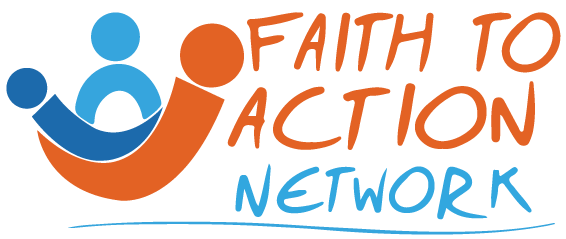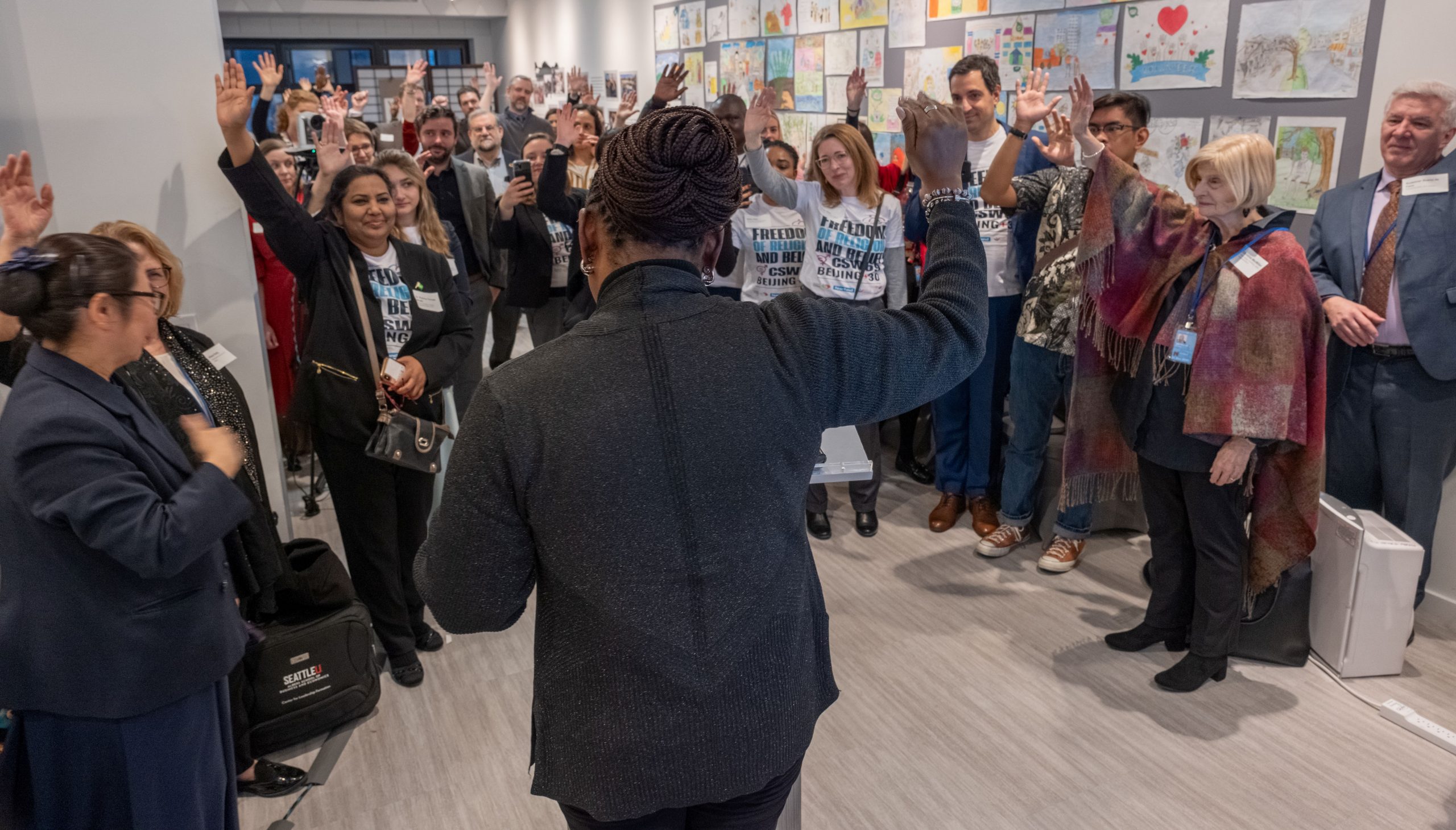The High-Level Multi-Faith Reception focused on the role of interfaith collaboration in promoting women’s rights and gender equality. Faith actors and representatives from multilateral organizations discussed ongoing efforts and challenges.
Dr. Kiki Didigu from UNFPA stated, “We’re at a very complex moment when it comes to gender equality. … We know that there are forces that are in strong opposition to the rights and the well-being of women and of girls. … and they have oftentimes religious justifications for their arguments, their regressive arguments.” She asked “who better to counter these narratives than faith leaders and religious actors who are well versed in religious texts and who can interpret these religious texts and really demonstrate the value of gender equality. And so that is my plea to all of you. This is an area where we are going to look to you for leadership on how to navigate some of these stormy waters together”.
She emphasized the importance of partnerships with faith-based actors. She gave an example from Uzbekistan, where imams and female religious leaders were trained on women’s rights from an Islamic perspective through collaboration between United Nations Population Fund (UNFPA), the International Islamic Academy, and Al-Azhar University, a founding member of the Faith to Action Network.
Rev. Uzoaku Williams from the Christian Association of Nigeria described grassroots efforts to challenge gender norms, saying, “We have worked at the grassroots levels, engaging with local communities to promote gender equality and challenge harmful gender norms” (watch her full speech here).
It is time to enhance and broaden the collaboration between secular and faith-based organizations
Dimitra Missira, International Dialogue Centre (KAICIID), speaking on behalf of the UN Multifaith Advisory Group
The reception highlighted the use of religious texts to promote justice, engagement with men and boys, and the need to embed youth in all areas of work. Rudelmar Bueno de Faria from the ACT Alliance reflected on progress made, noting, “We have been able to find strategies to advance gender equality… addressing issues that are very sensitive for many faith traditions.” The event concluded with a call to continue building interfaith cooperation rooted in shared responsibilities and practical outcomes.
Hosted by: Multi-Faith Advisory Council, Partnership on Development and Religion, JISRA strategic partnership including Network of Religious and Traditional Peacemakers, Mensen met een Missie, Tearfund and Faith to Action Network



